First Eight Days of Protest in Sofia, Bulgaria, Anti-corruption, Anti-government, Anti-police
- Protest2020

- Jul 17, 2020
- 2 min read
Updated: Nov 19, 2021

ProtestBlog.org: July 17, 2020. Protesters have filled the streets of Sofia and, increasingly, other Bulgarian cities, over the course of the last 8 days and nights, demanding the resignation of the country's president who is widely seen as corrupt and having badly mismanaged the coronavirus pandemic and the economy. Thousands of angry people fill the streets and their numbers continue to grow, all clamoring for a new government. Of course, all of this is part of waves of protests sweeping the planet, the closest to Sofia being Belgrade, Serbia, where the resignation of the president was also demanded with many protesters arrested, over mostly the mismanagement of the pandemic and corruption. In both cases, the governments are seen as favoring the interests of the rich and powerful to the detriment of the people.

On Thursday, the 16th of July, protesters began at the triangle of power in Sofia, following a traditional protest route and then gathering again in front of the Council of Ministers. A little after 10 pm, several smoke bombs were thrown into the square, escalating tension. In order to avoid provocations by agitators, the protesters formed a live chain in front of the police cordon. In a sign of gratitude, the police removed their shields.

While the protests lasted for days recently in Serbia, and they continue in Belgrade, mostly it is a struggle to free from custody those protesters who were arrested during the first days of the protest. Bulgaria, however, shows signs of having a broader base, representing a protest against inept management from the coronavirus and a corrupt president, with a certain deeper level supporting the movement that is anti-oligarchical, and even anti-corporate, clearly inspired to some extent by events in the USA, Bernie Sanders, and Black Lives Matter. All available evidence at this time points to these being watershed times in Bulgaria, in fact, along with Serbia, bringing Eastern Europe onto the frontlines of global protest against abuse of authority.
#sofiaprotest #protest2020 #easterneuropeprotest #bulgariaprotest #protestblog #protestbloggers #blogwriters #protestblog #protestblogwriters #protestblogger #publishprotest #protestpublish #climatejustice #climateaction #protestupload




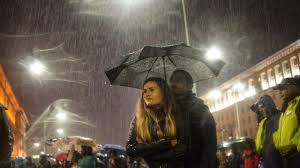

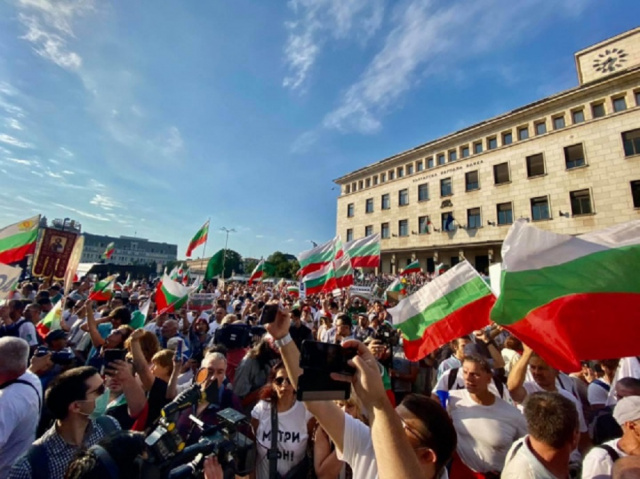



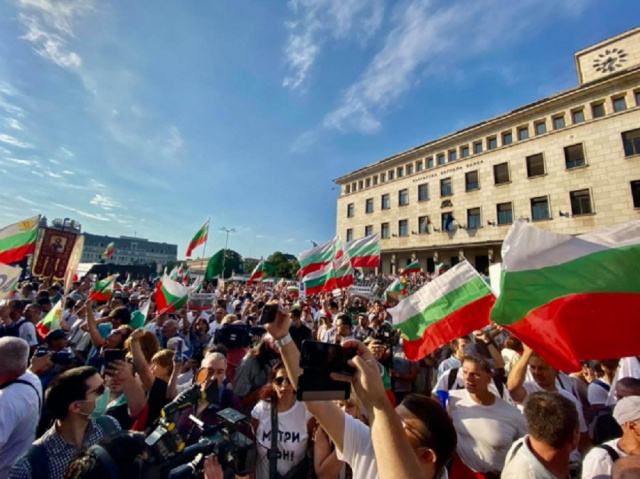







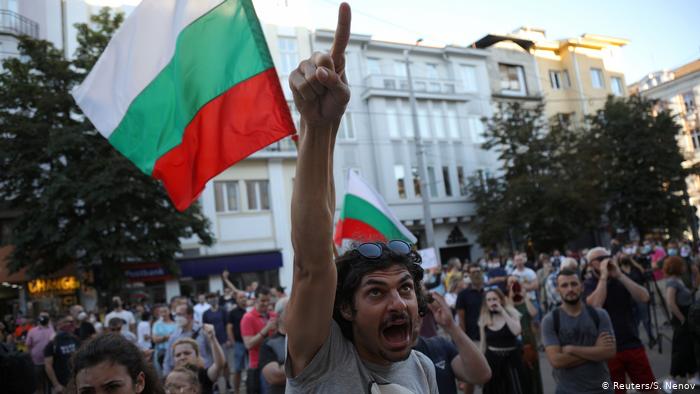
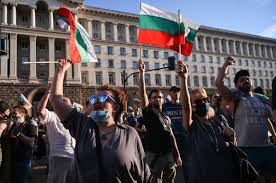



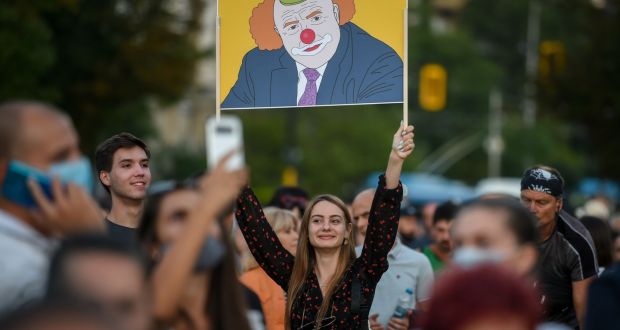

























Comments